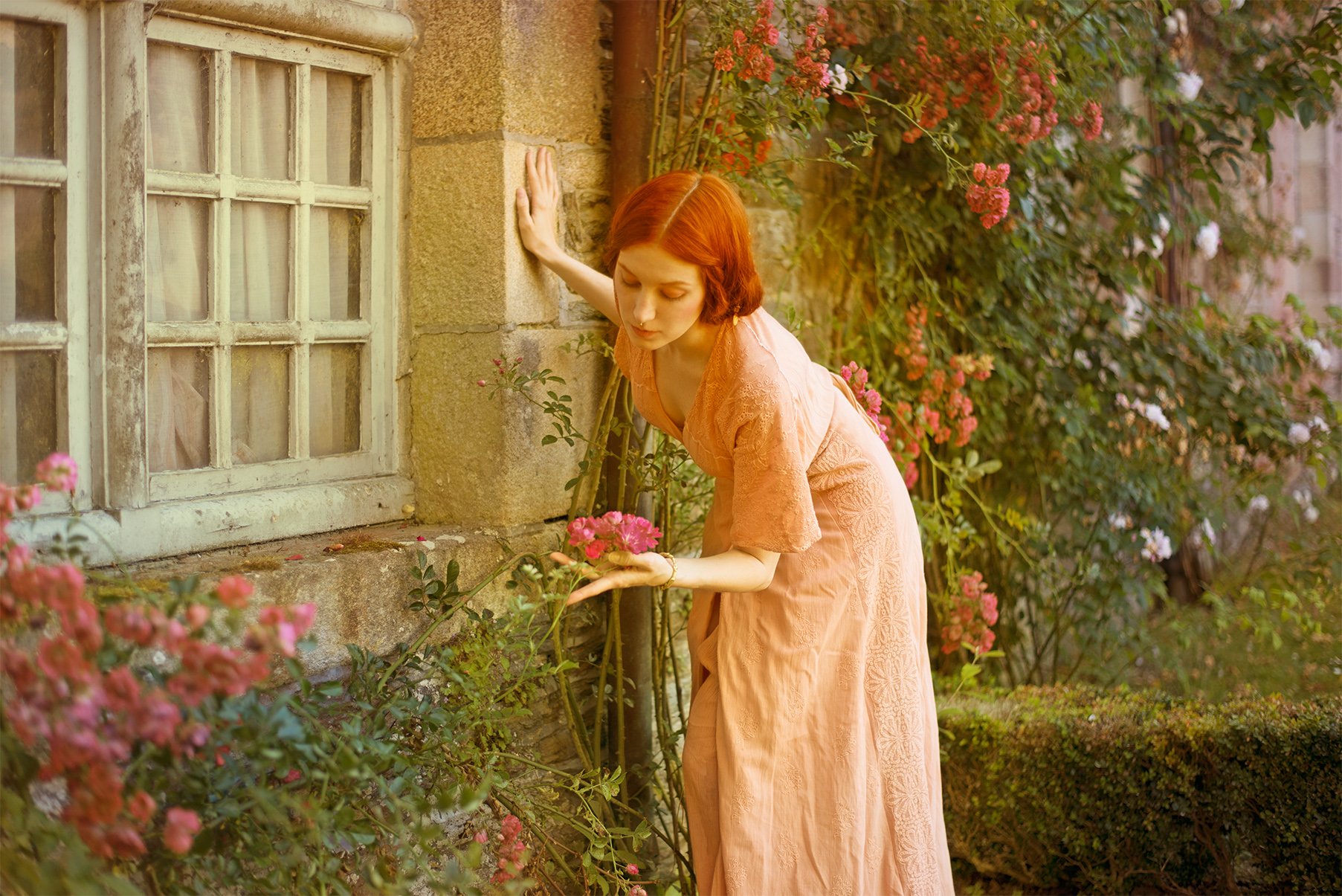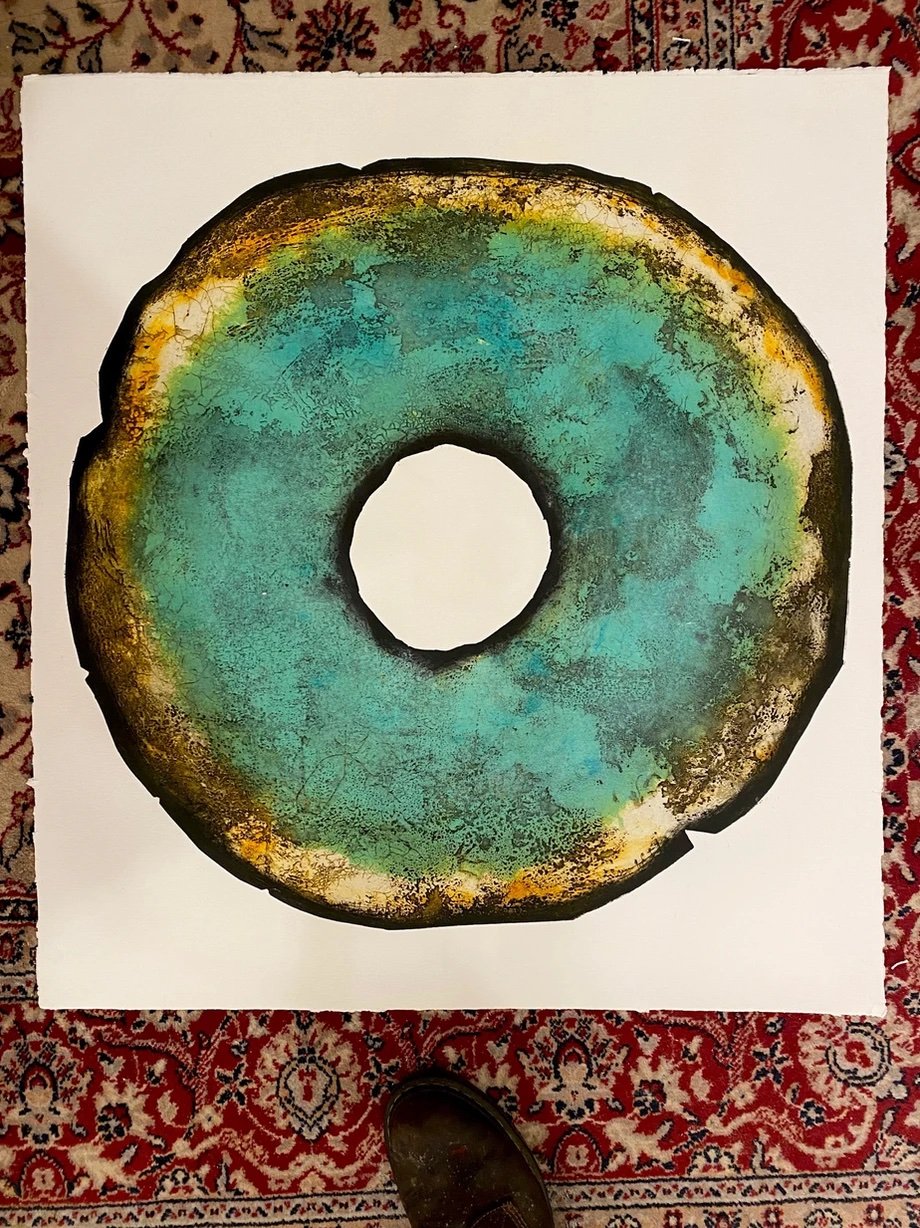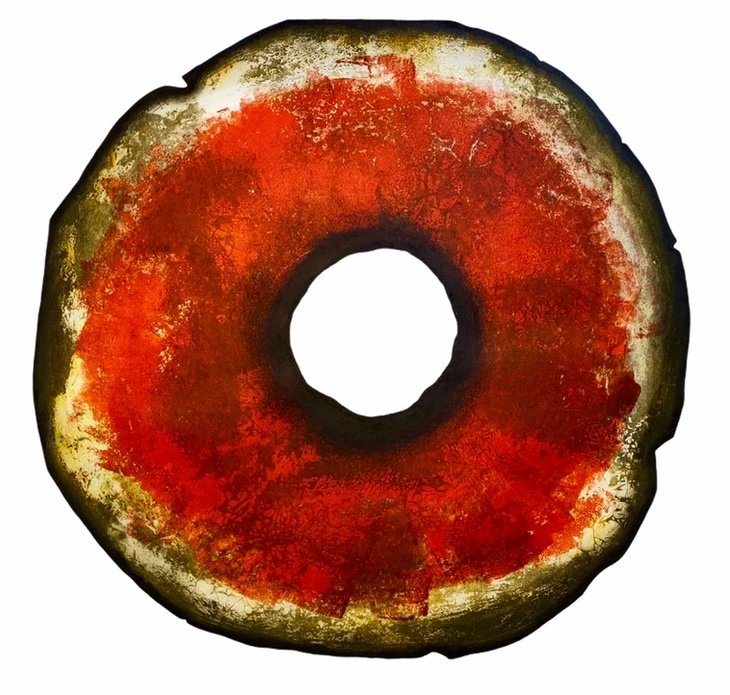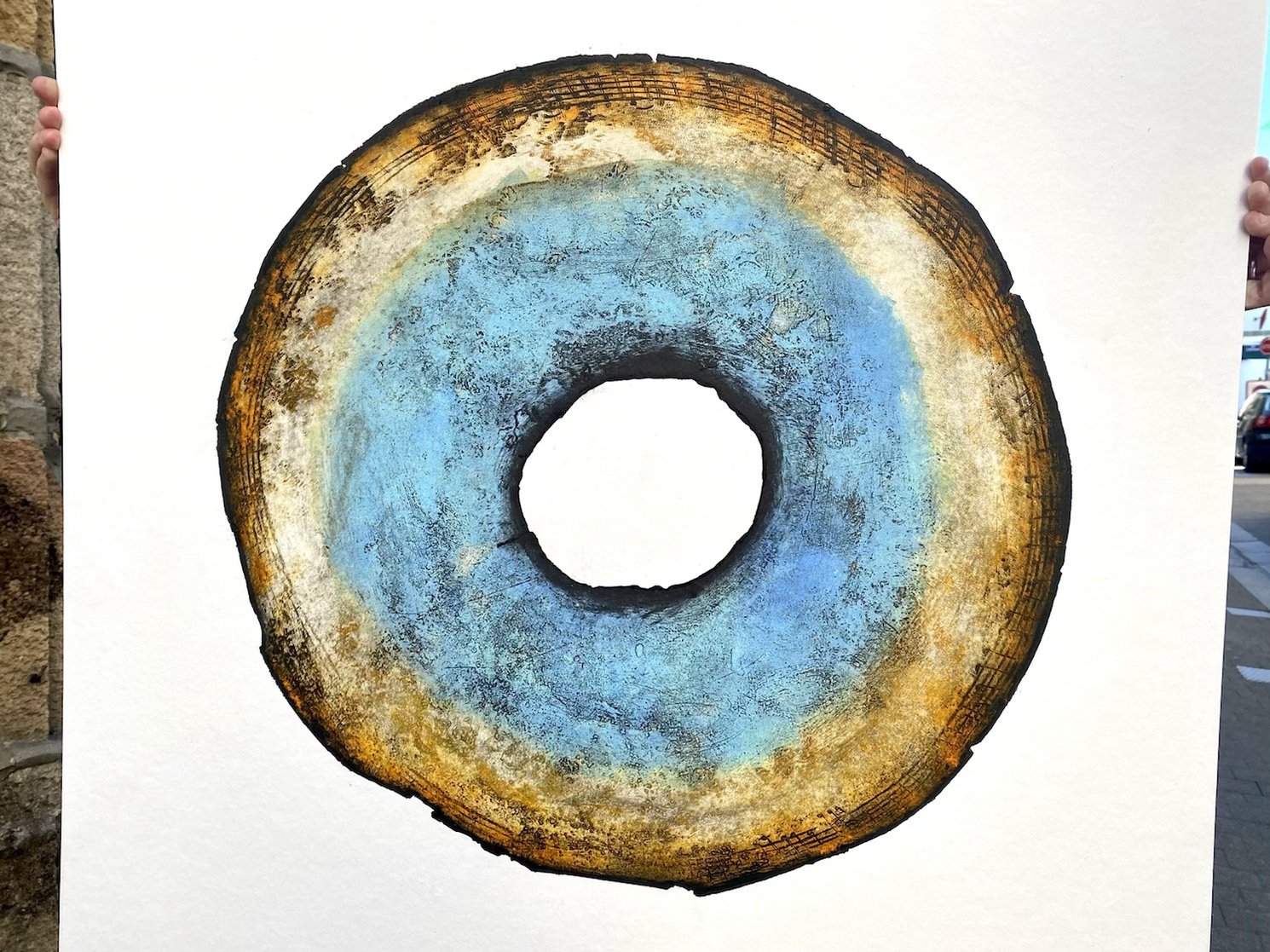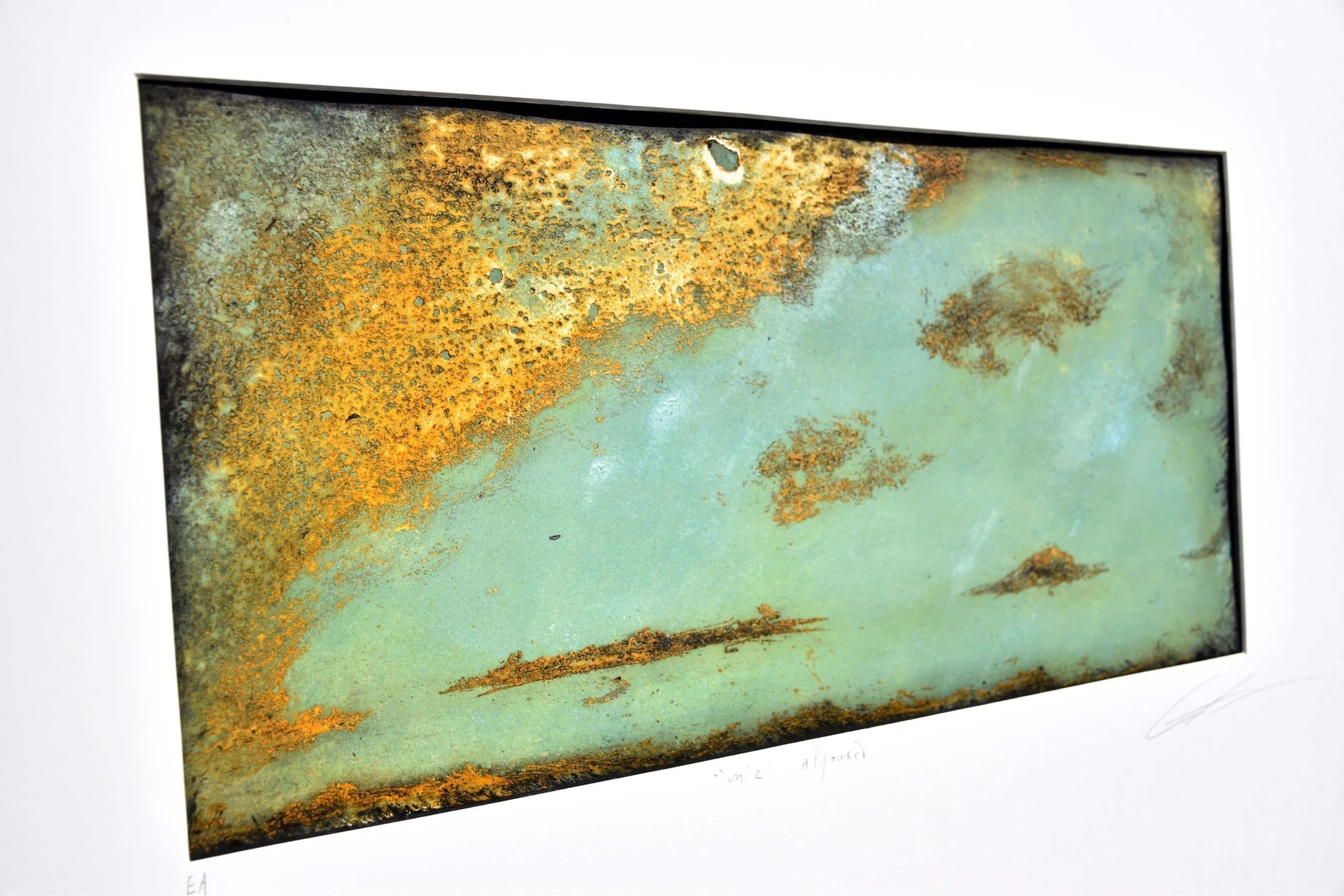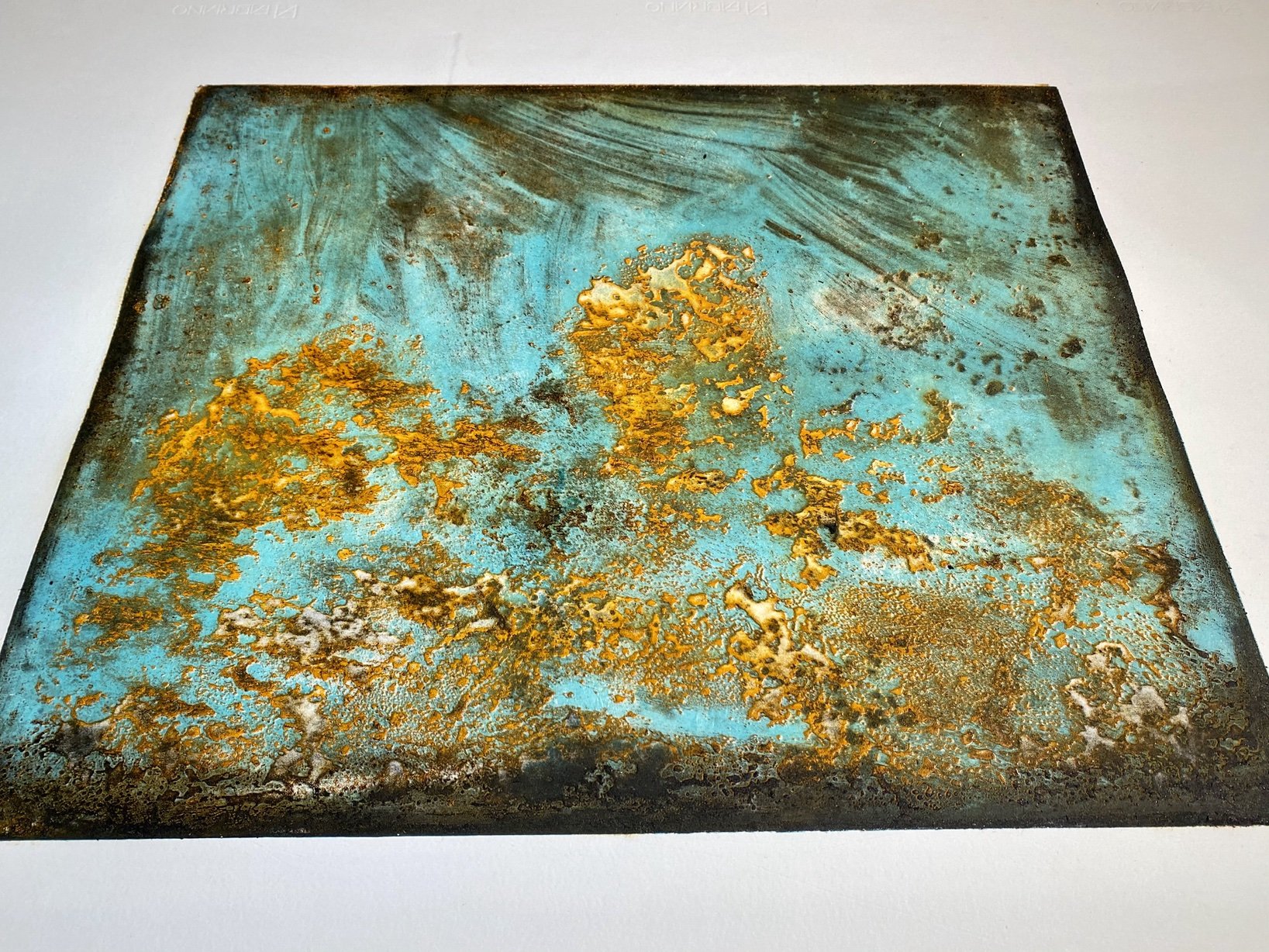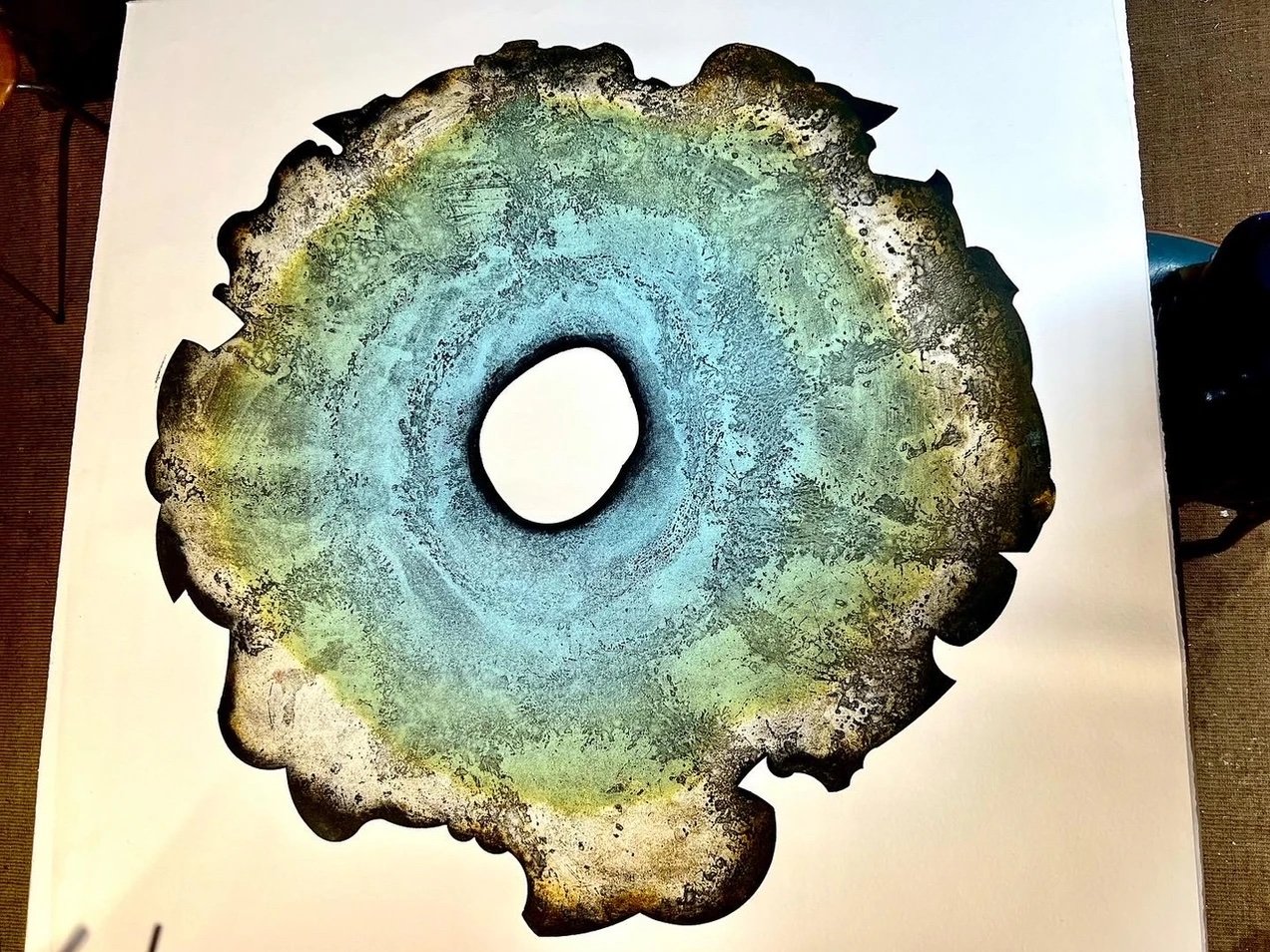2025 Photography Exhibition
(in the tea room in our reception hall)
“MEDIEVALISM”
On this occasion, the French photographer Julien Danielo (born in 1979), habitually a specialist in the world of historic reconstruction, presents an exhibition bringing together dramatic scenes on the theme of Medievalism: that is to say, Romantic representations of the Middle Ages. A presentation in the present of a medieval period idealised in the 19th century, but not reconstructed. The contribution of the history of art of that century forms the thread of this series, with Romanticism and Pre-Raphaelitism adapted here for photography.
Under the influence of the literary works of Victor Hugo or Walter Scot, many medieval works were rediscovered, like Mélusine, Tristan and Iseult and the Arthurian legend, drawn from a source called the Matter of Britain, equally inspiring to a Romantic English generation of Tennyson or Keats. The collections gathered by authors like Emile Souvestre, Théodore Hersart de la Villemarqué and Zacharie Le Rouzic revived a Breton imagination steeped in fabulous beings, knights and witchcraft. Finally, it would be unthinkable to leave out the work of Chateaubriand, Mémoires d’Outre-tombe and its ghosts of Combourg.
The exhibition Medievalism offers you a journey into our collective imagination, closely linked to this land of Brittany which the château of Combourg opens up for you.
Translations by Wendy Mewes
1886 - Medievalism
In 1786, at the death of René Auguste de Chateaubriand, the château fell into a state of abandon, which the Revolution would greatly worsen. Combourg became a Romantic ruin until Geoffroy de Chateaubriand undertook a restoration in the Troubadour style between 1866 and 1878. Fascination for the Middle Ages constituted an inseparable part of 19th century Romanticism, which would be exploited in a fantastical or dream-like form in architecture, but also in painting and literature. Let’s imagine the Chateaubriand family in 1886, Geoffroy, Françoise Marie-Antoinette and their daughter Sybille, with their friends, getting together for a reading session, one winter evening. What would they read? Probably one of the works cited in this exhibition.
Setting: Château de Combourg
Re-enactors: Passion Costumes
The Ghosts of Combourg
François-René de Chateaubriand completed his Memoires d’outre-tombe in 1841, notably recounting his youth passed at the Château de Combourg between Saint-Malo and Rennes, together with his sister Lucile. The château, an austere and imposing medieval castle, was bought by his father. The ambience, tending towards melancholy and the imagination, would be decisive for his career as a Romantic writer. The childhood imaginary world of Lucile and François-René made them see the château of Combourg as a disturbing place, one of all kinds of fantasies and fears. “People were convinced that a certain count of Combourg, with a wooden leg, dead for three hundred years, made an appearance at certain times and had been encountered on the grand staircase of the tower; his wooden leg also walked there alone sometimes or with a black cat.” The two phantoms haunted the tower’s turning stair. The wooden leg belonged to a former lord of the château who lost his limb at the Battle of Malpaquet in 1709 under Louis XIV.
Setting: bedrooom of Chateaubriand – Château de Combourg
Re-enactors: Sébastien Le Peutrec, Aelig Landais, Mewenn Charles et Loki le chat.
Excalibur
Excalibur, the magic sword of King Arthur in the texts of the Arthurian legends, first appeared in Welsh texts of the 11th century. At the end of the 12th century this Arthurian myth incorporated the Matter of Britain with its magical side. Robert de Boron told for the first time of the sword stuck in the stone, while Malory in the 15th century evoked the return of the magic sword by the Lady of the Lake. Excalibur had the reputation of being unbreakable and able to cut through any material, whilst its sheath protected the bearer from any wound. King Arthur possessed both items and was therefore invincible on the field of battle. The setting of the ruined chapel lends itself perfectly to this Romantic vision, mainly inspired by the landscapes of Caspar David Friedrich.
Setting: ND du Burgo - Grand-Champ
Morgane
The Arthurian legend provoked an extraordinary literary enthusiasm among the nobility and in the heart of the courts of Europe. The collection of these texts is called the Matter of Britain. The term was created in about 1200 by the poet Jean Bodel. For him, all works of literature must be derived from one of the ‘three essential matters’: those of France, Rome and Britain. The fairy Morgan is one of the characters made popular here, with an image varying from work to work. Priestess or queen of Avalon, then half-sister of Arthur, pupil of Merlin, hated by Queen Genevieve, woman deceived, she is all these things in turn, but the various versions of tales agree that she was the one who watched over the sleep of the king who would one day return. The Life of Merlin and the Lancelot-Graal inspired numerous other fictional versions.
Setting: Manoir du Rustéphan – Pont-Aven (29)
Models: Lucie Le Guennec, Nathalie Berthau, Cédric Chavin
27 March 1351 - Combat of the Thirty
In 1351, in the region of Ploërmel, the English captain Bamborough made excessive demands on the populace, flouting the chivalric code. The commander of Josselin, marshal Jean de Beaumanoir, decided to demand a confrontation in fair fight from the English. The encounter was set for Saturday March 27 1351, and the number of combatants on each side fixed at thirty. Ten knights and twenty squires, all Breton, joined Beaumanoir, whereas the troop of Bamborough was made up of twenty English, six Germans and four Bretons. The meeting place was set near an old oak tree between Ploërmel and Josselin, on a plain called Mi-voie. Heavily armed, they struggled in hand-to-hand combat, without mercy. The fight went on and on. Bamborough was mortally wounded by the blow of a lance and then a slash to the head. The battle went on regardless. The heat was unbearable and when Beaumanoir called for water, Geoffroy du Bois replied “Drink your blood, Beaumanoir, and the day is ours!” Roused by this, the Bretons began to penetrate the ranks of their opponents and won victory. The event caused a sensation all over Europe. Théodore Hersart de la Villemarqué included a song about it in his Barzaz Breizh.
Models and costumes: Storm Squad, Emmanuel Bertrand, et les Tard-Venus.
Setting: Landes de Lanvaux – Grandchamp (56)
The Lady of Shalott
The death of Elaine d’Astolatt is a passage in the Lancelot-Graal derived from the Matter of Britain composed at the beginning of the 13th century. This major source of the Arthurian legend, whose author remains unknown, strongly inspired the work of Malory in the 15th century and was widely diffused orally but also in the form of manuscripts. One of the best known and most ancient of these, dating to 1220, is preserved at Rennes. In the version of the early 13th century, the Lady of Astolat dies of unrequited love for Lancelot and floats down river in a boat as far as Camelot. Another version of the same century was written in the Italian story La Donna di Scallota, which served as an inspiration for Tennyson’s The Lady of Shalott written in 1833. According to the legend, a curse forbids the Lady of Shalott from looking directly at the reality of the outside world: she is condemned to see it only through a mirror. Her despair grows when she sees loving couples embracing from afar. One day, she sees the reflection of Lancelot passing in the mirror. During the autumnal storm which ensues, the Lady embarks in a boat. She sings her lament as she sails towards Camelot and a certain death. Her icy corpse is found by Lancelot.
Setting: Domaine du château de Suscinio (56)
Re-enactors: Cédric Chavin et Soizic Lahonda
La Belle dame sans Merci
« La Belle dame sans Merci » is an emblematic poem by John Keats, one of the greatest English Romantic poets of the 19th century. Published in 1819, this narrative poem tells the story of a knight who meets a mysterious supernatural woman in a desolate landscape. She bewitches the knight with her seductive beauty, but ends up leaving him alone and in despair. The poem is often interpreted as an allegory of the ephemeral nature of love and the cruelty of life. The poem is full of sombre images and evocative descriptions which create an atmosphere of mystery and danger. Keats also uses recurrent motifs such as wild nature and death to reinforce the feeling of tragedy which surrounds the knight and his relations with the beautiful woman.
Re-enactors: Pierre-Denis Becart et Géraldine Gasselin
Setting: Dolmen de la Loge au Loup – Trédion (56)
Tristan and Iseult conceal their passionate love
It is difficult to pinpoint in time when the action in the Tristan and Iseult story took place, but as with the Arthurian legend, the context is that of Celtic peoples in Late Antiquity. An account of it is attested in the Carolingian epoch in Breton gwerz (laments) and grew continually with successive additions. Translated by troubadours in the langue d’oïl from the 12th century, many authors took up the theme and produced their own versions, each surviving in part up to the present day, and brought together at the beginning of the 20th century in a complete version. Tristan, son of the king of Armorican Britain (Brittany), was orphaned and welcomed by his uncle, King Marc’h, whom he served faithfully. Once a knight, he freed Cornwall from a tribute imposed by Ireland. As a pledge of peace, Iseult, daughter of the king of Ireland, was promised to King Marc’h, and Tristan was given the task of bringing her to Cornwall. The queen of Ireland gave Brangien, Iseult’s maid, a love potion destined for the future royal couple, but when this was left unsupervised, it was drunk by Tristan and Iseult. The effect was immediate and the couple had to go into hiding to indulge their passion, with the help of Brangien.
Models: Deborah Germain and Vincent Germain, Lucy Fery and Steven Philippe
Setting: La Roche-percée, Fouesnant
Mélusine, or the fairy serpent
This story was immortalised in prose by Jean d’Arras with Mélusine or the noble history of the Lusignan family, which he presented to Jean de Berry in 1393. The family would use the name of the fairy for one of the towers of their château at Fougères. Having accidentally killed his uncle and fled through the forest, Raymondin, nephew of the count of Potiers, came across three women bathing in a sacred spring. The most beautiful of the three revealed to him that she knew his name and also the crime of which he was accused. The lovely lady offered him an exceptional destiny if he married her, on condition that he never tried to see her on a Saturday.
Raymondin became a great lord and builder, and had many children with Mélusine. One Saturday, when he had welcomed his brother, the latter sowed the seed of doubt about his wife’s fidelity. Overtaken by anger, Raymondin reached the apartments of his wife, and used his sword to make a hole in the door and see Mélusine in her bath, where she appeared half-woman, half serpent. Thus discovered, Mélusine was forced to revert to her appearance as a winged serpent and she flew out of the window, emitting harrowing cries.
Re-enactor: Mélusine de Fougères
Setting : Tour Mélusine, Château de Fougères
Dahut of Ys
“I saw the white lady of the sea, I even heard her sing: those songs were plaintive like the waves.” Published in 1845, the Barzaz Breizh by Théodore Hersart de la Viilemarqué is a landmark of Breton literature. This ensemble of collected poems would enjoy an enormous success, reaching as far as Parisian literary circles, and is still a source of inspiration for artists today. One of the poems evokes the legend of the city of Ys. During a festival organised by King Gradlon in his palace, a stranger seduces his daughter Dahut. The king, overcome by weariness, goes off to bed. When he’s asleep Dahut takes the key from around the king’s neck as a pledge of her love for the stranger. This key opens the huge gates which keep out the waves of the ocean surrounding the legendary city. The submersion is total: Gradlon manages to escape on his horse Morvac’h and Dahut is condemned to forever haunt the Bay of Douarnenez.
Re-enactor : Laura Auger
Setting: Côte Sauvage de Quiberon
Nocturnal Washerwomen
The theme of the nocturnal washerwomen derives from a collection of stories by Emile Souvestre, Le Foyer Breton, published in 1844. These legends influenced artists like Yann d’Argent, who presented the first painting, which Théophile Gautier praised highly, at an exhibition in 1861. The story evokes the character of Postic, a Breton peasant disporting himself in the taverns on the day of the dead rather than honouring the deceased. On the way home along a dark track, he came across these ghosts condemned to wander at night in the vicinity of water sources. The encounter was fatal for Postic, whose weight of sin proved too crushing. The painting today on display in the Musée des Beaux-Arts in Quimper is only a miniature version. The dramatization presented here is largely inspired by it.
Models: Eliane Morantin, Bérénice Thivet, Ketty Klein, Jeanne Bernier et Ninnog Herry, Denis Herry.
Setting: Path at the Château de Kergroadez, Brélès (29)
The Old Woman of the Men Gurun
Neolithic polished stone axes were called Men Gurun (thunder stones). They were thought to have fallen from the sky with the thunder. For hundreds of years, right up to the 1950s, they were sought after to protect houses from lightning, and placed under the hearthstone. Sometimes they were concealed in the earth floor of a house. In 1909, the archaeologist Zacharie Le Rouzic evoked this tradition, with its magical connotation: in Saint-Philibert in Morbihan in Brittany, an old woman used them to bring back butter-milk in the teats of cows who were not producing it… she was well-known! For fifty centimes, she sold the litre of water which she had brought to the boil after placing a polished axe in the bottom of the pan. This water enriched a thin milk or drove away the evil eye which made the fields infertile!
Re-enactor: Odette Guelzec
2024 Photography Exhibition
(in the tea room in our reception hall)
“Echoes of Romanticism”
French photographer Psyché Ophiuchus (born in 1987) derives inspiration from symbolist painting and the Pre-Raphaelite movement. The play of shade and brightness in her images has an enthralling quality, merged with an abundance of symbols and archetypes that invites viewers to decode their mysteries.
Psyché Ophiuchus grew up in Normandy, immersed in the folklore of Northern Europe and tales of William the Conqueror. Her early interest in psychology was combined with a passion for the visual arts. Whilst working as a clinical psychologist, she trained in photography, motivated by the desire to vivify her personal imagination.
Her inspiration comes primarily from the artistic movements of Symbolism, Art Nouveau and the Pre-Raphaelites. Her work explores the themes of imagination, mystery and dreams, through the use of symbols and archetypes. She currently lives in Brittany, in the legendary forest of Brocéliande, with her partner, the painter Yoann Lossel. Here she finds a strong creative response to the identity and folklore of the region.
Join us for a visual and literary journey, where each image and each phrase brings out the pure spirit of Romanticism, paying homage to Chateaubriand and his living legacy.
Translations by Wendy Mewes
Dartmoor
“I am attached to my trees; I have addressed them with elegies, sonnets, and odes. There is not one among them that I have not cared for with my own hands, that I have not freed from the worm attached to its root, from the caterpillar stuck to its leaf; I know them all by their names like my children: they are my family, I have no other, I hope to die beside them.”
Memoirs from Beyond the Grave, volume 1
Perséphone
“In the evening, this flower begins to open; it blooms during the night; dawn finds it in all its glory; by mid-morning it fades; it falls at noon: it lives only a few hours, but it spends these hours under a serene sky. What does the brevity of its life matter then?”
Description of certain sites in Florida, Travels in America
Greek Reverie
“I know of nothing more to the glory of the Greeks than these words by Cicero: 'Remember, Quintus, that you command Greeks who civilized all peoples by teaching them gentleness and humanity, and to whom Rome owes the enlightenment it possesses.' When one reflects on what Rome was in the time of Pompey and Caesar, on what Cicero himself was, one finds in these few words a magnificent eulogy.”
Itinerary from Paris to Jerusalem, chapter 1: Greece
In the Footsteps of the Beautiful Lady
“...at other times I plunged into the woods, I followed an abandoned path, a nameless stream, a little bird that fluttered with its mate from bush to bush. The robin that sang in the evening on a thatched roof moved me; the distant light shining in an isolated farm filled me with a thousand plans for retreat and happiness; I supposed that what I was looking for lived towards the distant hills, in the hamlet whose country church spire I could see. I listened to all the sounds that emanate from unfrequented places and lent an ear to every tree; I wanted to sing of these pleasures, but the words died on my lips.”
Memoirs from Beyond the Grave, volume 3, chapter 10
Galatea
“The plants will be reborn tomorrow; the noise and the dust have dissipated at this moment: here lies this new debris for centuries next to those that seemed to await it. Empires plunge in this way into eternity, where they lie in silence. Men are not unlike these ruins that come in turn to litter the earth: the only difference between them, as between these ruins, is that some fall before a few spectators, and others fall without witnesses.”
Tivoli and the Villa Adriana, Travels in Italie
Autumn
“A moral character attaches to the scenes of autumn: these leaves that fall like our years, these flowers that fade like our hours, these clouds that flee like our illusions, this light that dims like our intelligence, this sun that cools like our loves, these rivers that freeze like our life, have secret relations with our destinies.”
“My Joys of Autumn”, Memoirs from Beyond the Grave, volume 3, chapter 10
Oblivion
“I found myself between two centuries like at the confluence of two rivers; I plunged into their troubled waters, moving away with regret from the old shore where I was born and swimming with hope towards the unknown bank where new generations will land.”
“Review of the Two Worlds”, Memoirs from Beyond the Grave, volume 1
The Villa (shot in Saint-Malo)
“But what must be admired in Brittany is the moon rising over the land and setting over the sea. Established by God as the governor of the abyss, the moon has its clouds, its vapors, its rays, its shadows, like the sun; but like him, she does not retire alone; a procession of stars accompanies her. As she descends to the end of the sky on my native shore, she increases her silence, which she communicates to the sea; soon she falls to the horizon, intersects it, showing only half of her face which dozes off, tilts, and disappears into the soft swelling of the waves.”
Memoirs from Beyond the Grave, volume 1, chapter 6
Aurora
“What gentle light dawns in the East! Is it the young Dawn opening her beautiful eyes laden with the languors of sleep to the world? Charming goddess, hasten! Leave the bridal bed, take up the purple robe; let a soft belt hold it in its folds; let no shoe press upon your delicate feet; let no ornament profane your beautiful hands made to open the gates of day. But you are already rising on the shadowy hill. Your golden hair falls in moist curls on your rose-colored neck. From your mouth exhales a pure and fragrant breath. Tender deity, all nature smiles at your presence; you alone shed tears, and flowers are born.”
“Aurora” poem by Lucile, Memoirs from Beyond the Grave, volume 3, chapter 6
2023 Exposition de Gravures
(in the tea room in our reception hall)
“Brittany: a point of anchorage”
Thomas Godin Painter - Engraver
François-René de Chateaubriand wrote: ‘Knight errant though I am, I have the settled inclinations of a monk’.
This explains an intimate link in his life history, and so also in his work, between an appetite for the faraway and rootedness in a land elevated to the status of myth.
For a decade, the engraving work of Finisterien artist Thomas Godin (born in 1987) seems to have embodied this same link between here and elsewhere, the inner character of a polymorphic soul and the externality of the wide world.
From a magmatic eruption of the Philippine volcano Taal to the stylised ornamentation of Beninese masks, the engravings of Thomas Godin present the traces of his imaginative exploration of the world. And yet the landscapes and culture of Brittany constitute a very real point of anchorage, a kind of fundamental pivot from which his artistry can expand.
Like the illustrious tenant of the Chateau of Combourg, Thomas Godin makes his life the basic material of his work, where the subtle delicacy of the result contrasts with the mechanical weight of the creative process. The spirit of the artist and the hand of the artisan overlay each other to perfection.
The engravings presented here simply suggest forms, so those who study them are free to interpret them as they see fit. This satisfying freedom eliminates the sealed borders of reality to enlarge our horizons.
Translations by Wendy Mewes
(Article du Pays Malouin)
















